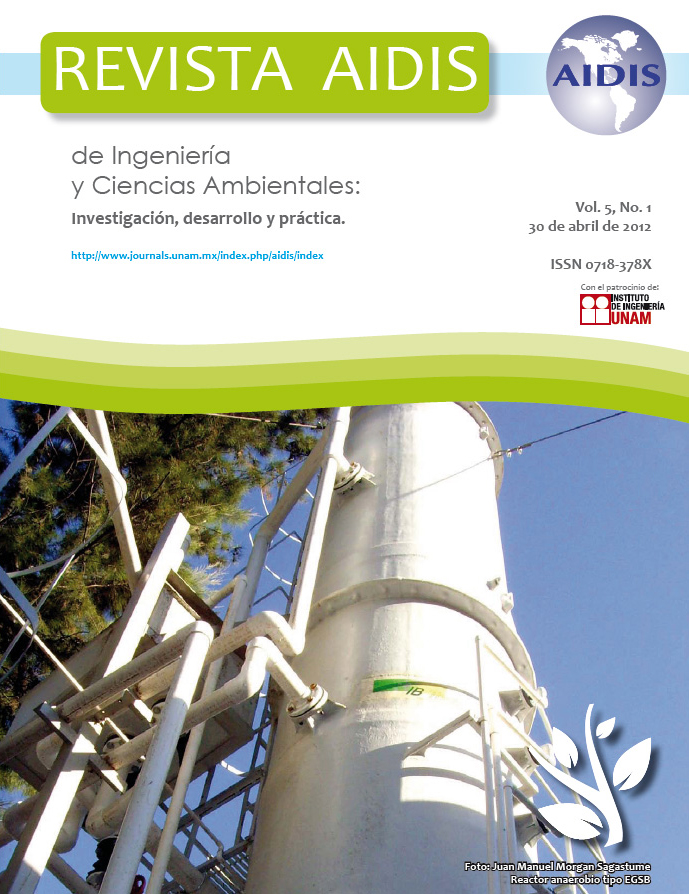HEALTH IMPACT OF HOUSEHOLD SOLID WASTES CONDITIONING AND COLLECTION IN SALVADOR, BAHIA, BRAZIL
Main Article Content
Abstract
This paper presents a study on the conditioning and collection of household solid wastes and the health implications for children. The research was conducted in nine human settlements on the outskirts of Salvador, Bahia, Brazil. Intestinal nematode infection, predominantly involving Ascaris lumbricoides, Trichuris trichiura and hookworms, was used as an epidemiologic indicators in 1,893 children from 5 and 14 years of age. The sudy also included diarrhea incidence and nutritional status as shown by anthropometric indicators in 1,204 children less than 5 years of age. There was a higher prevalence of the three nematodes in children living in households without proper conditioning and collection of household solid wastes as compared to those in areas with regular household solid wastes collection and adequate household solid wastes conditioning. The differences were statistically significant when other socioeconomic, cultural, demographic, and environmental risk factors were considered in the analysis. Similar results were also observed for epidemiological indicators, diarrhea incidence, and nutritional status.
Keywords: Diarrhea; Nematode Infections; Solid Wastes Conditioning; Solid Wastes Collection.
